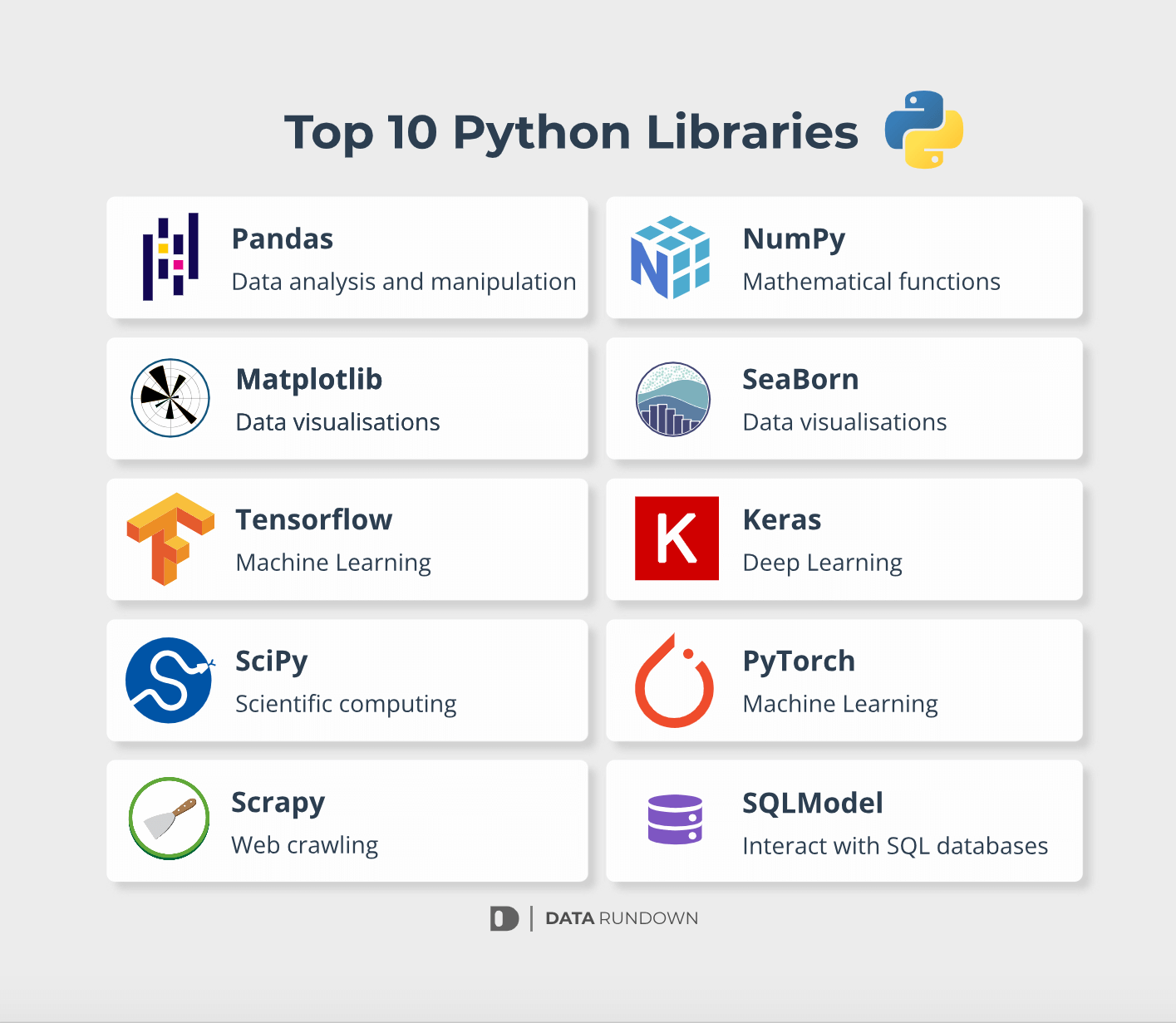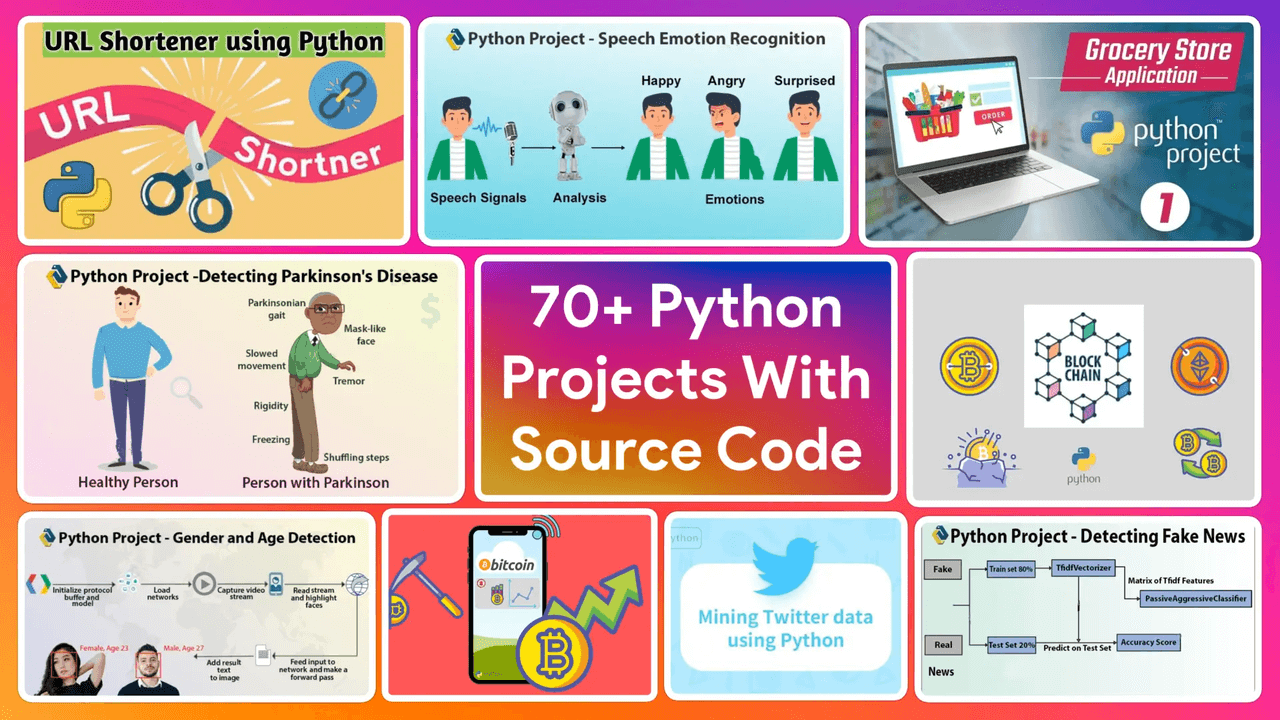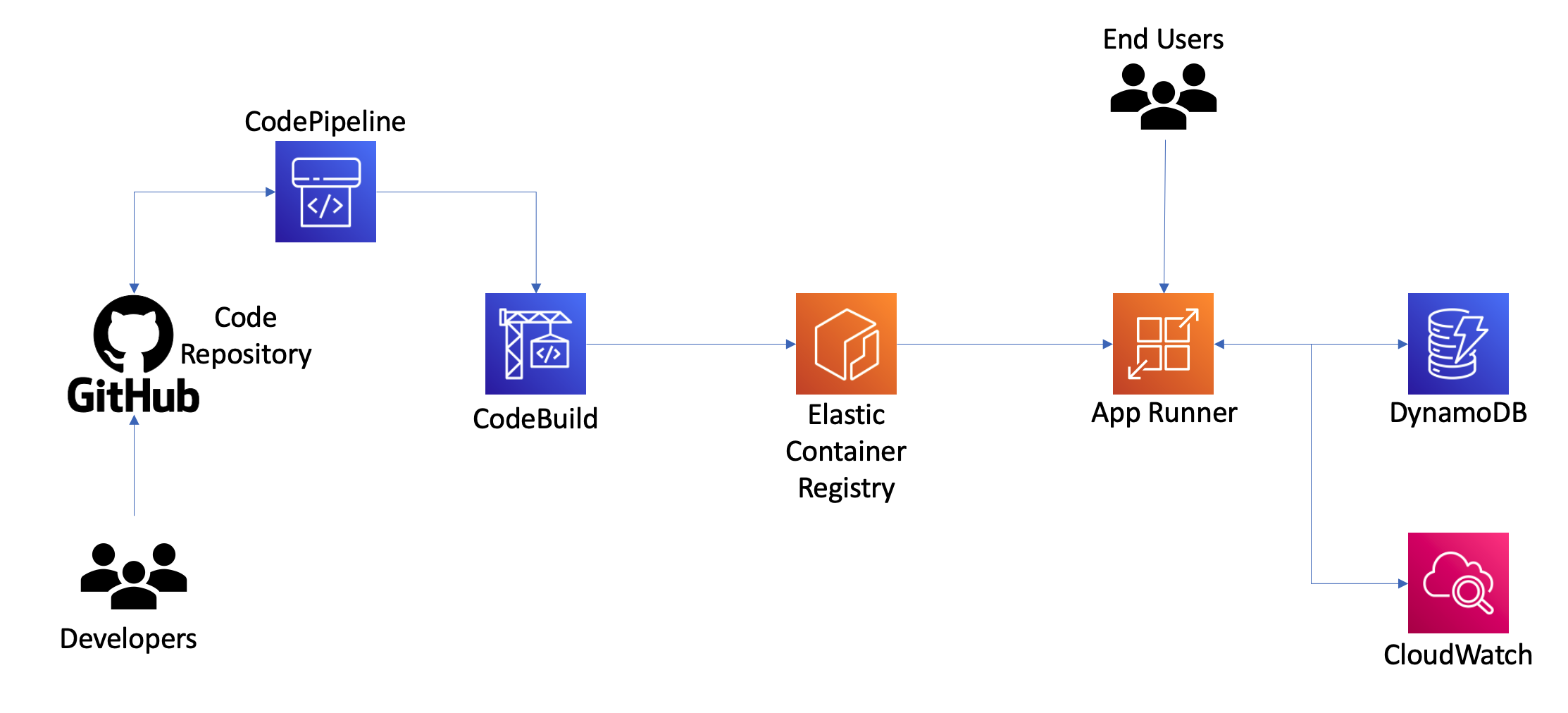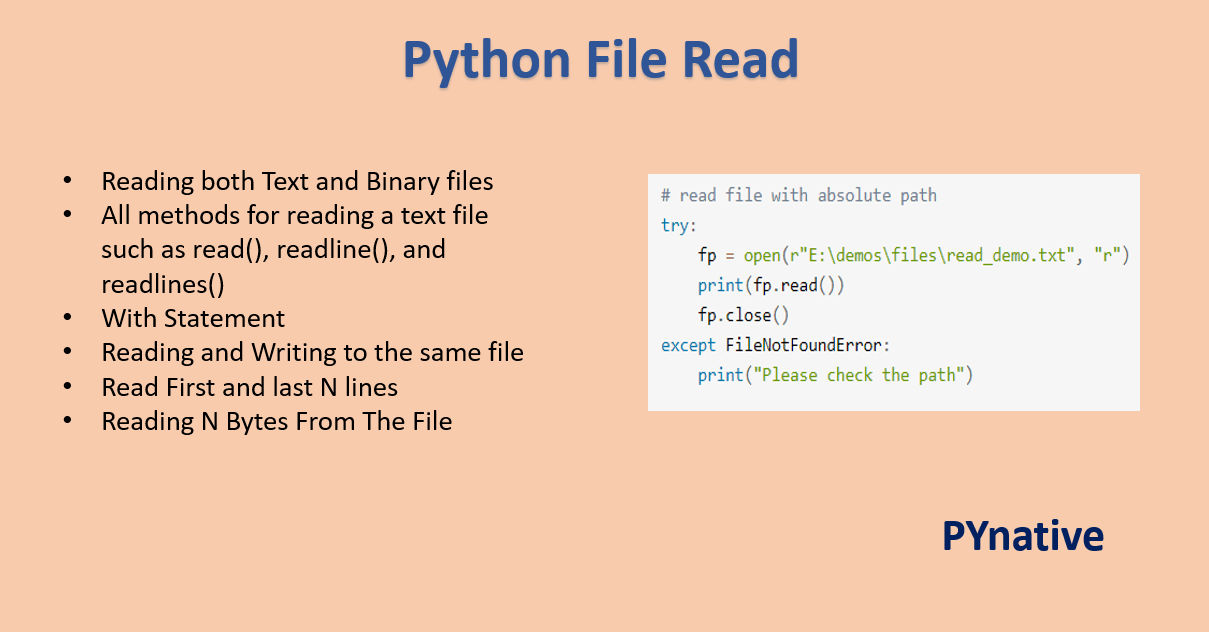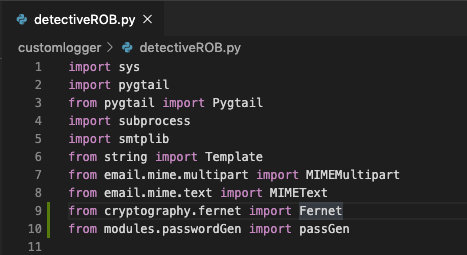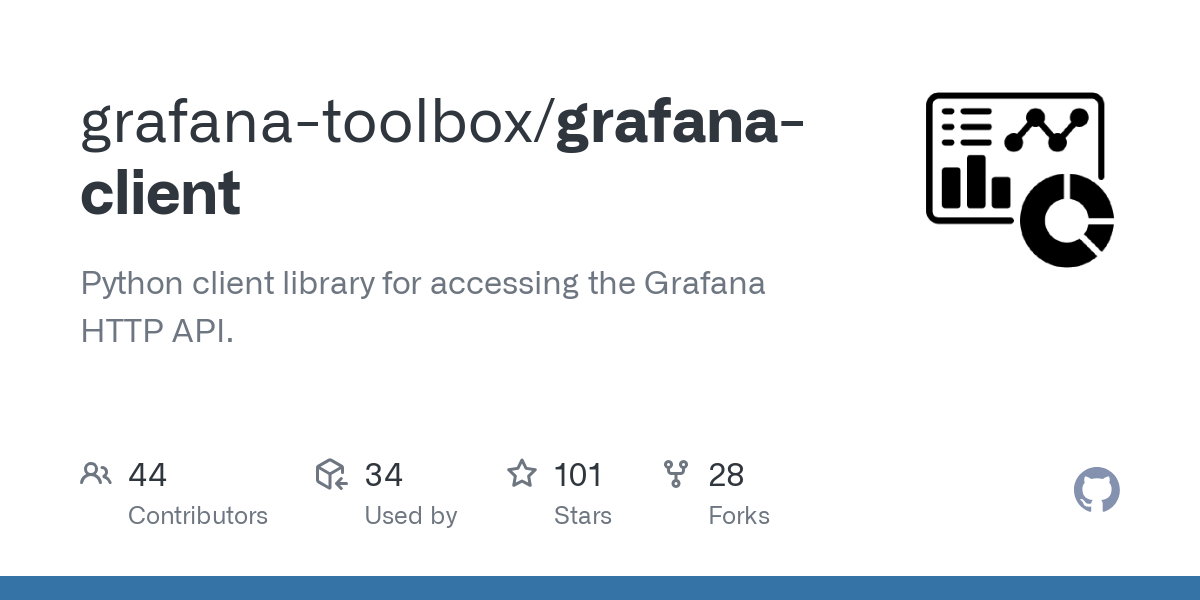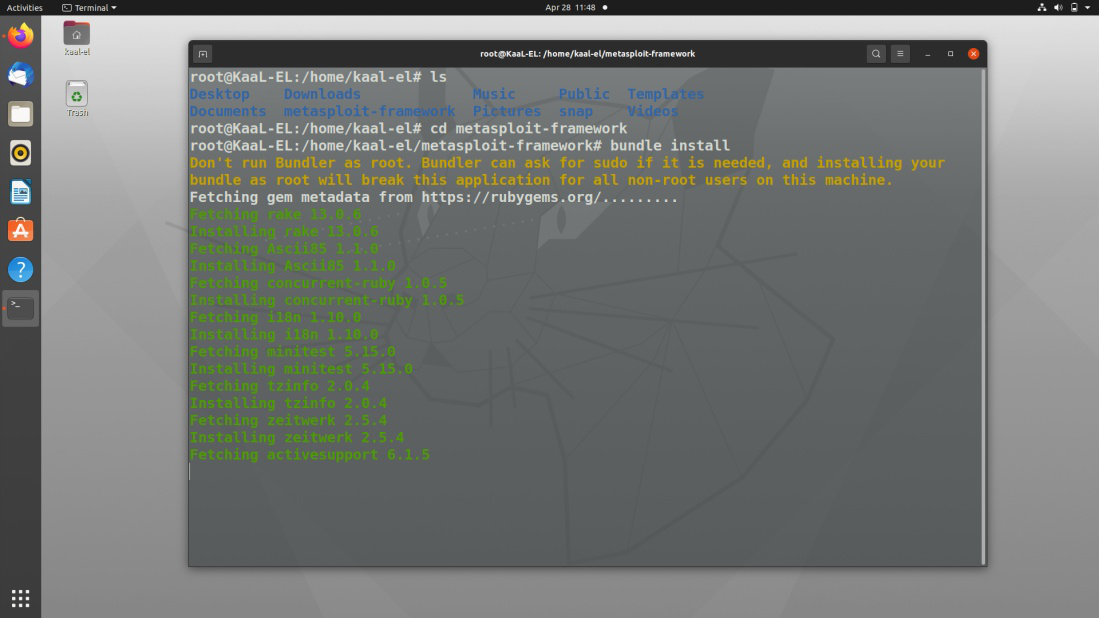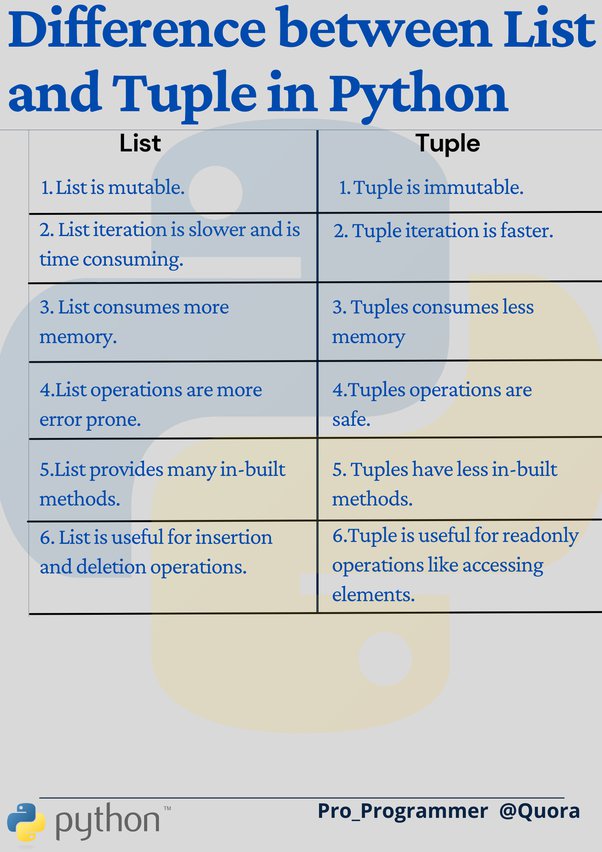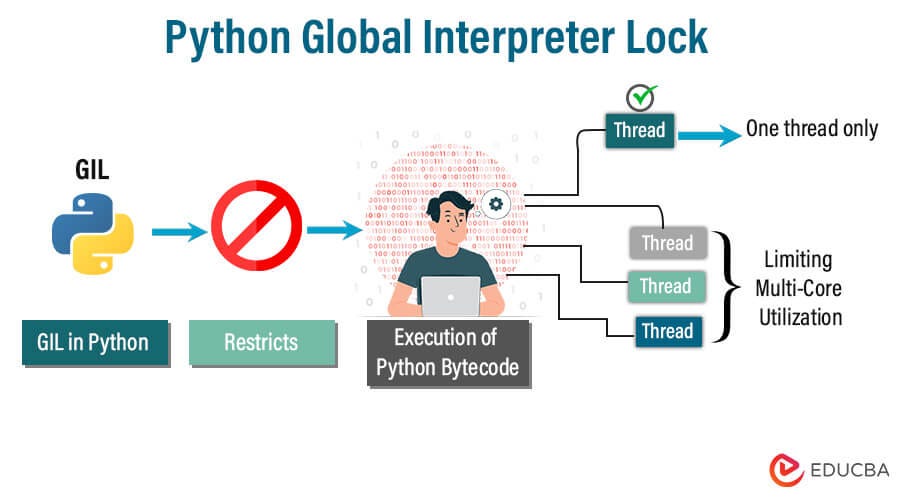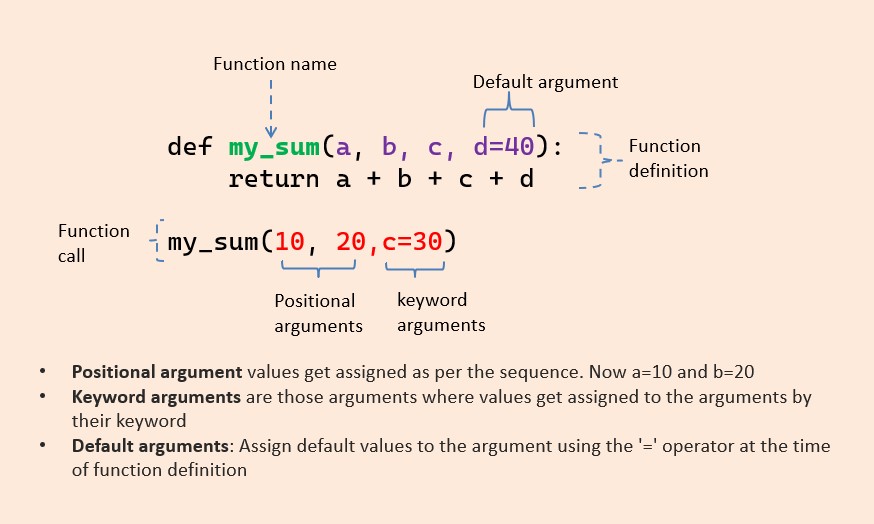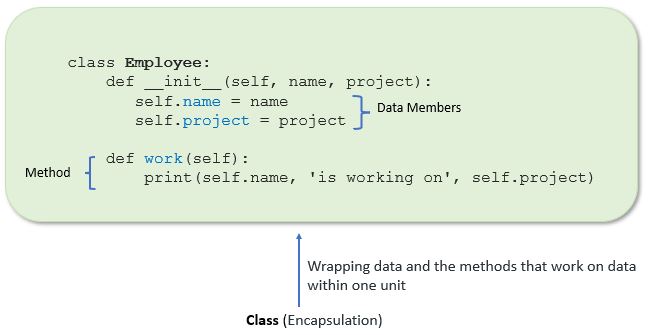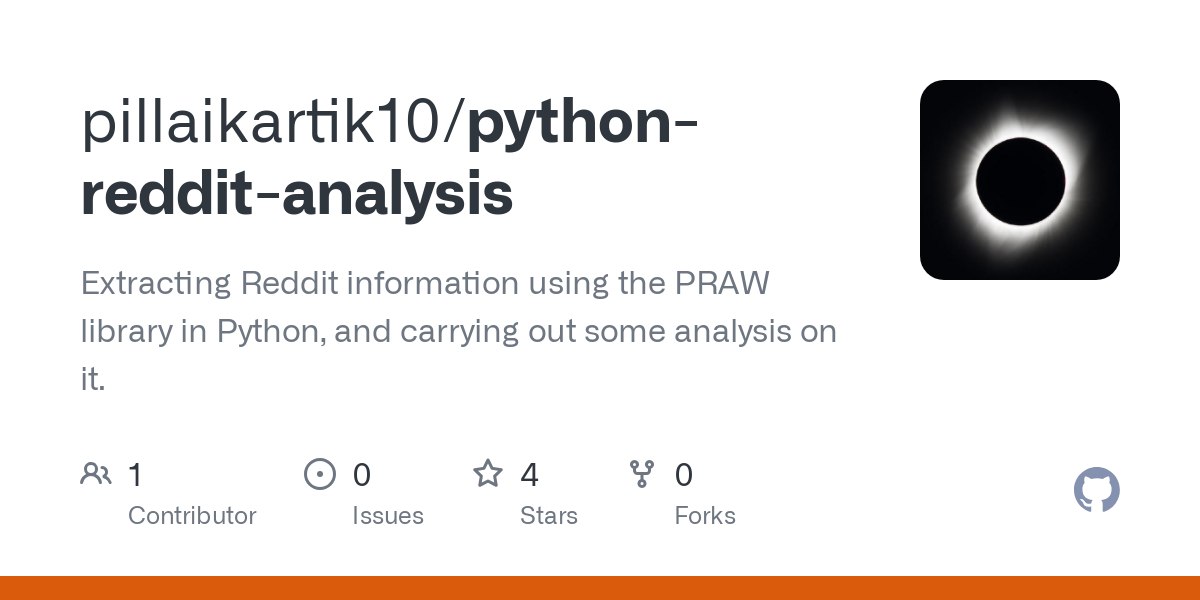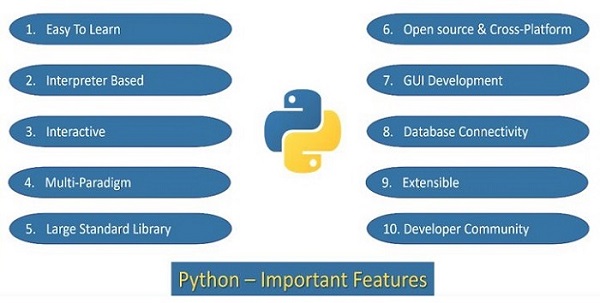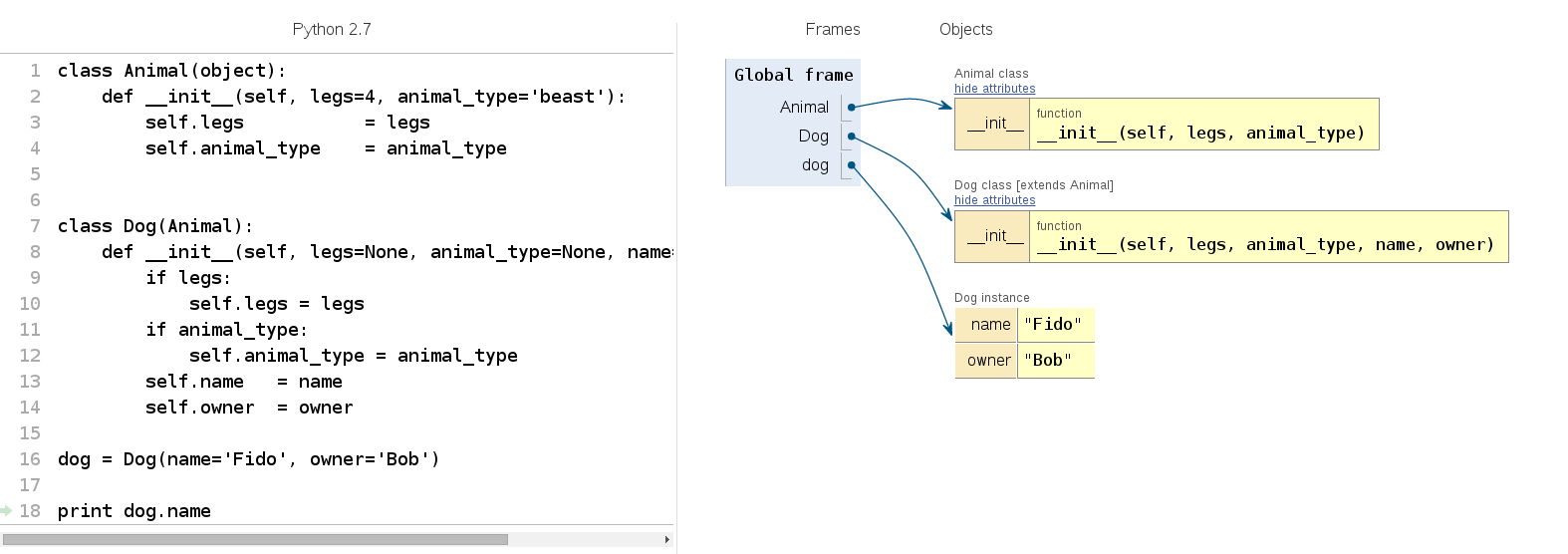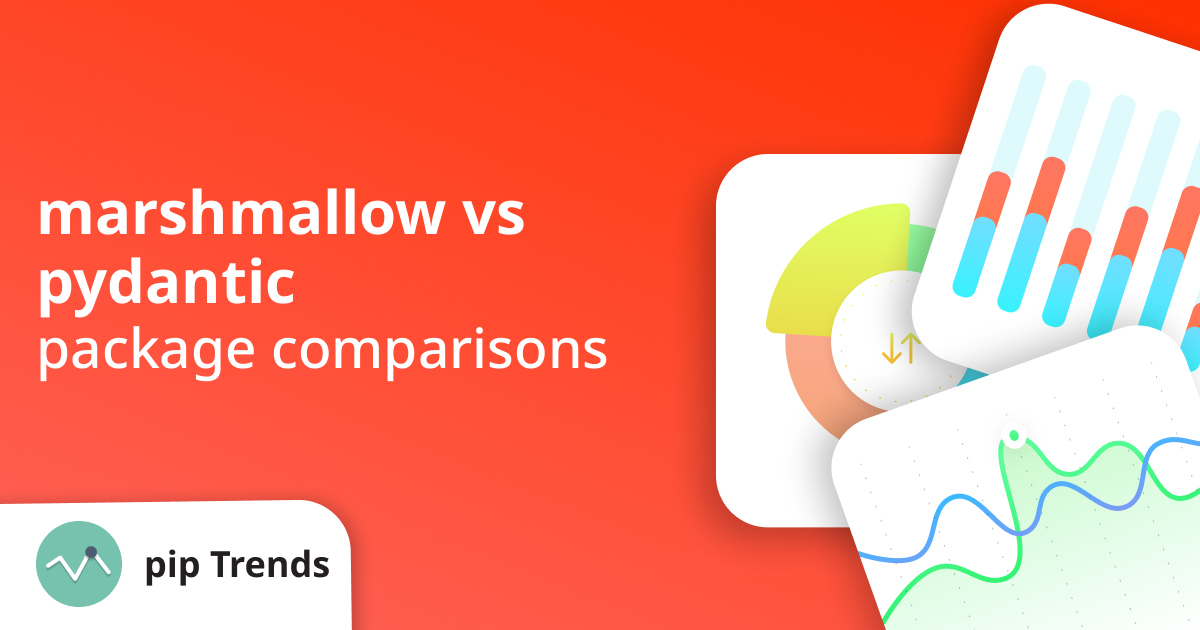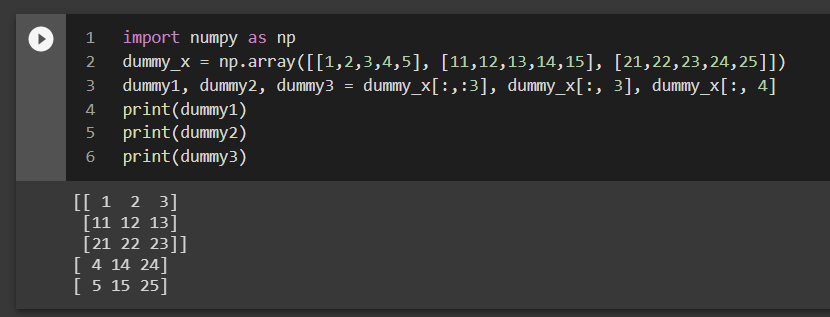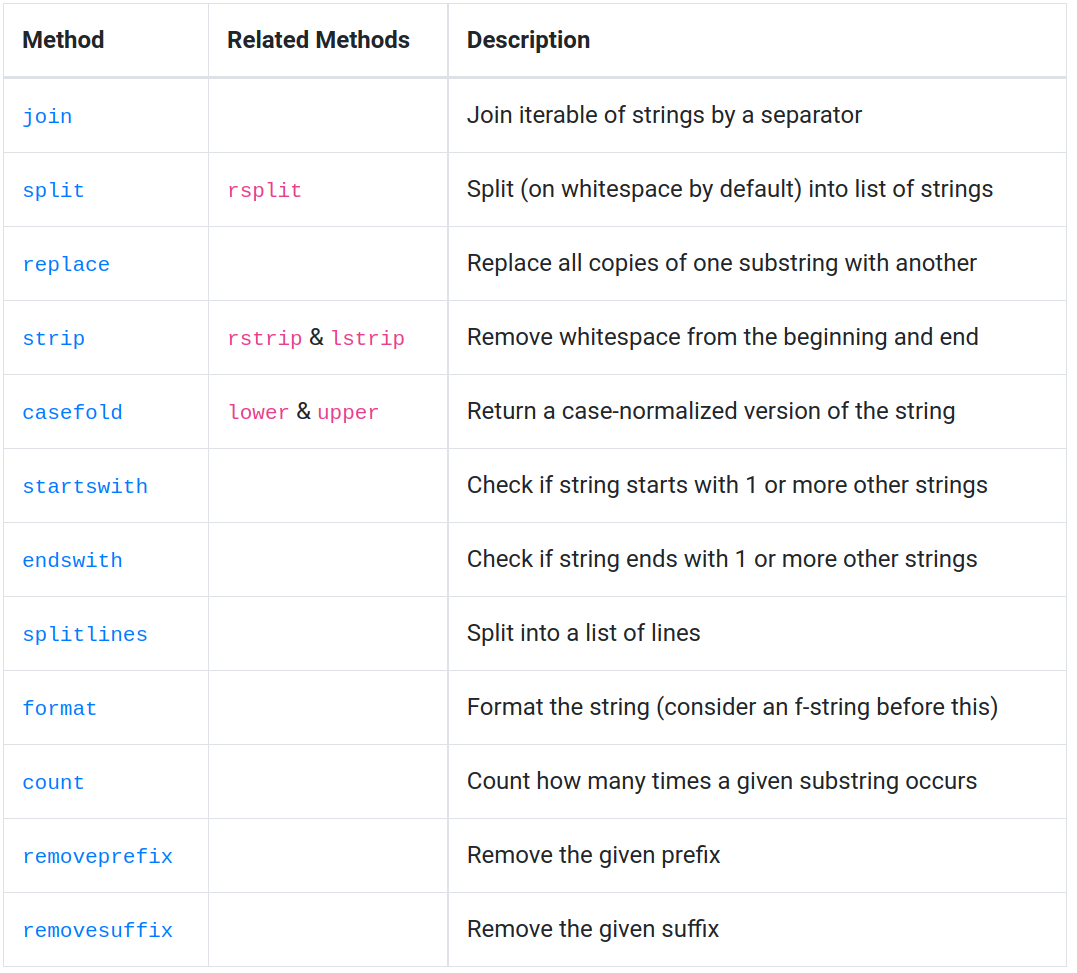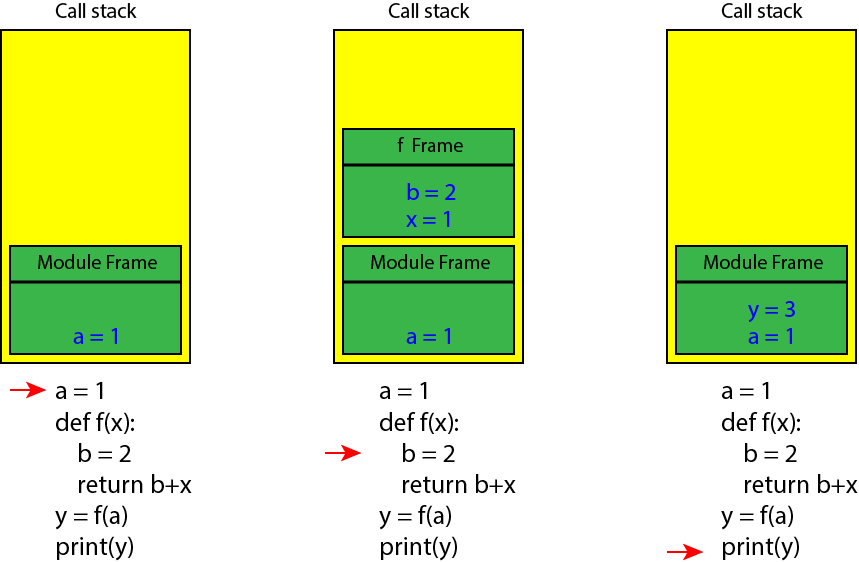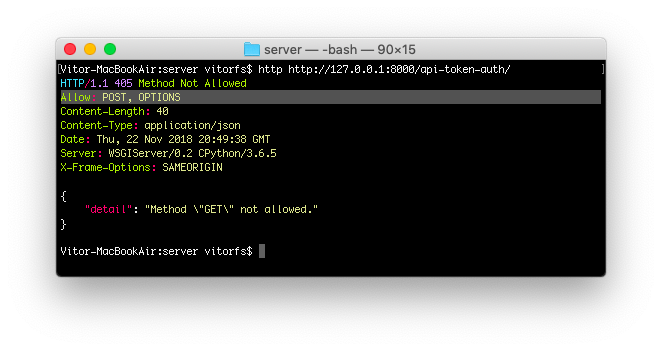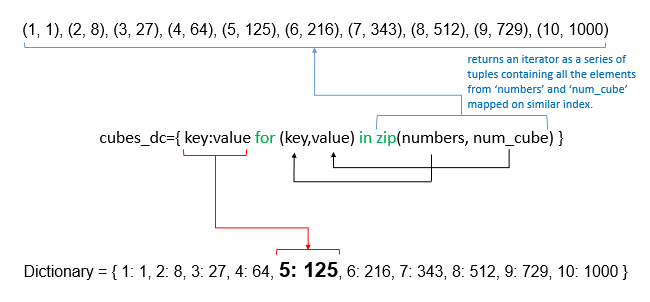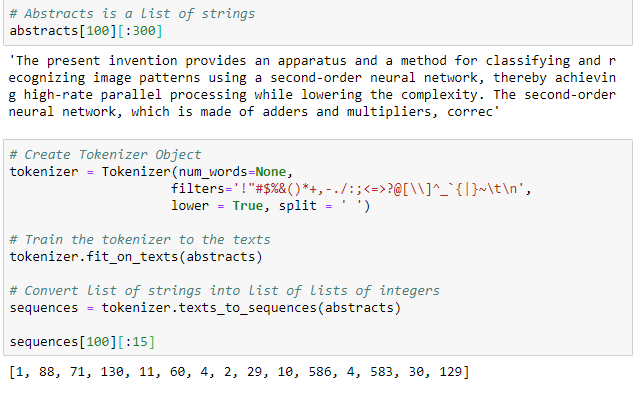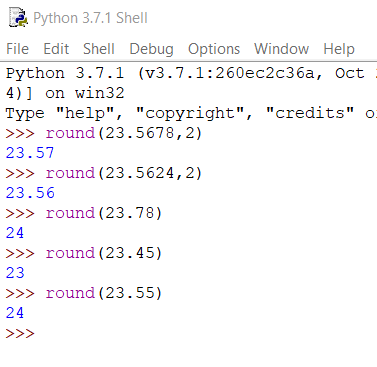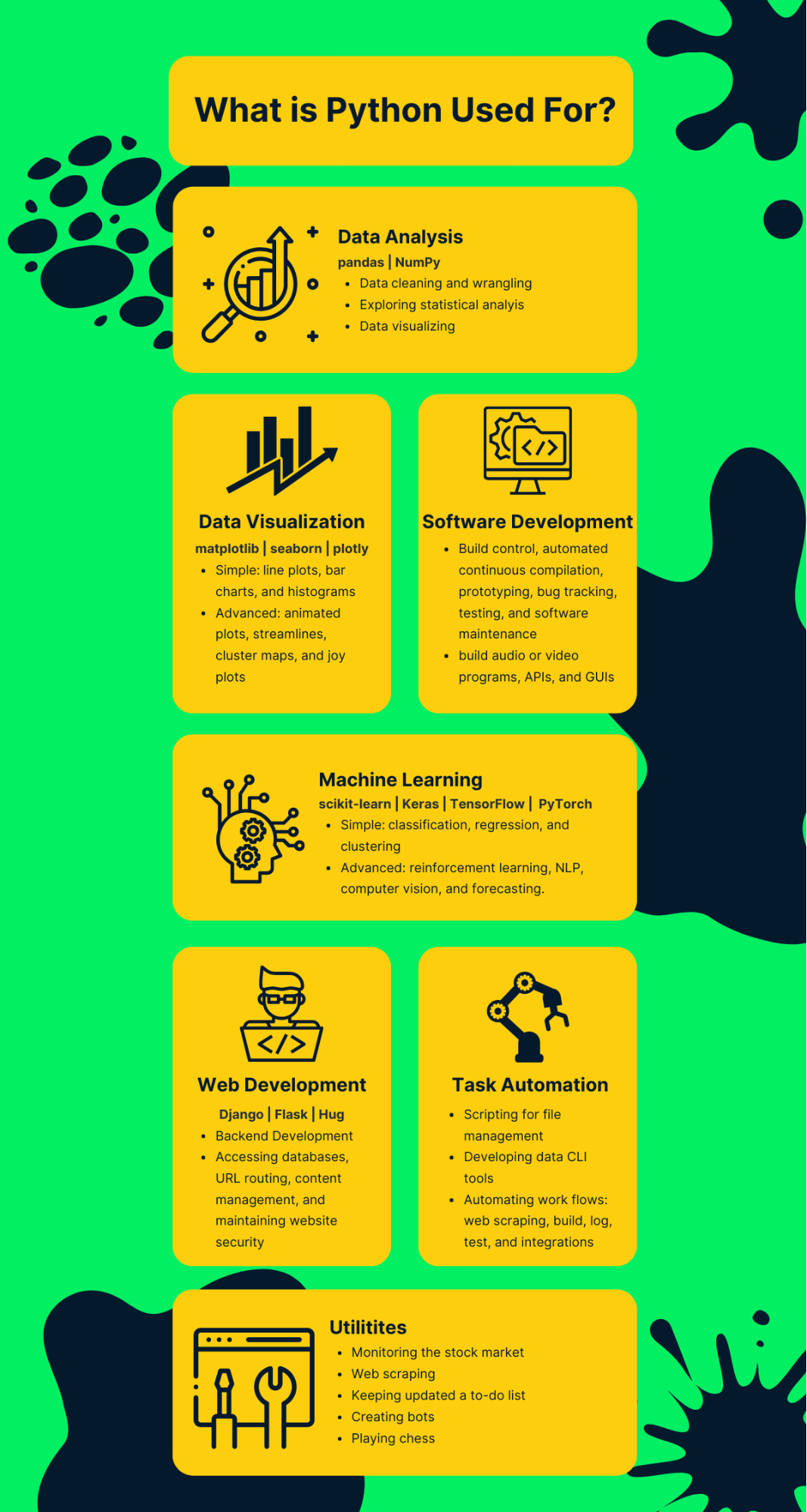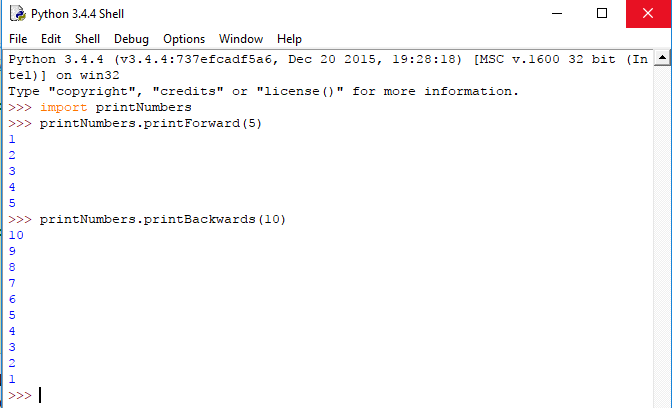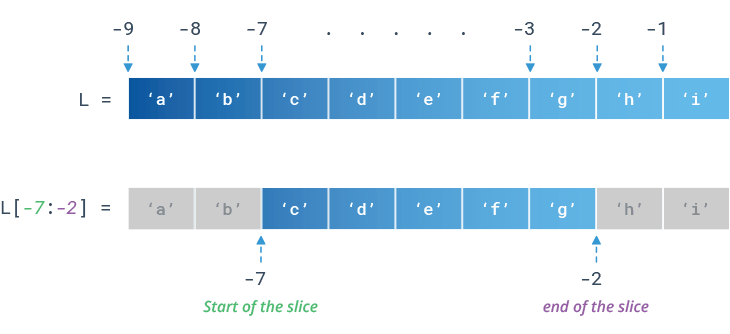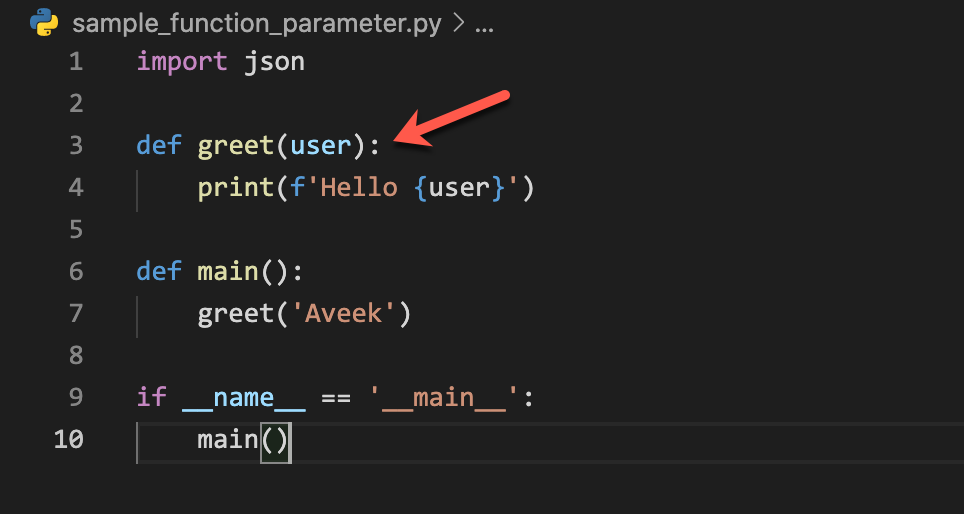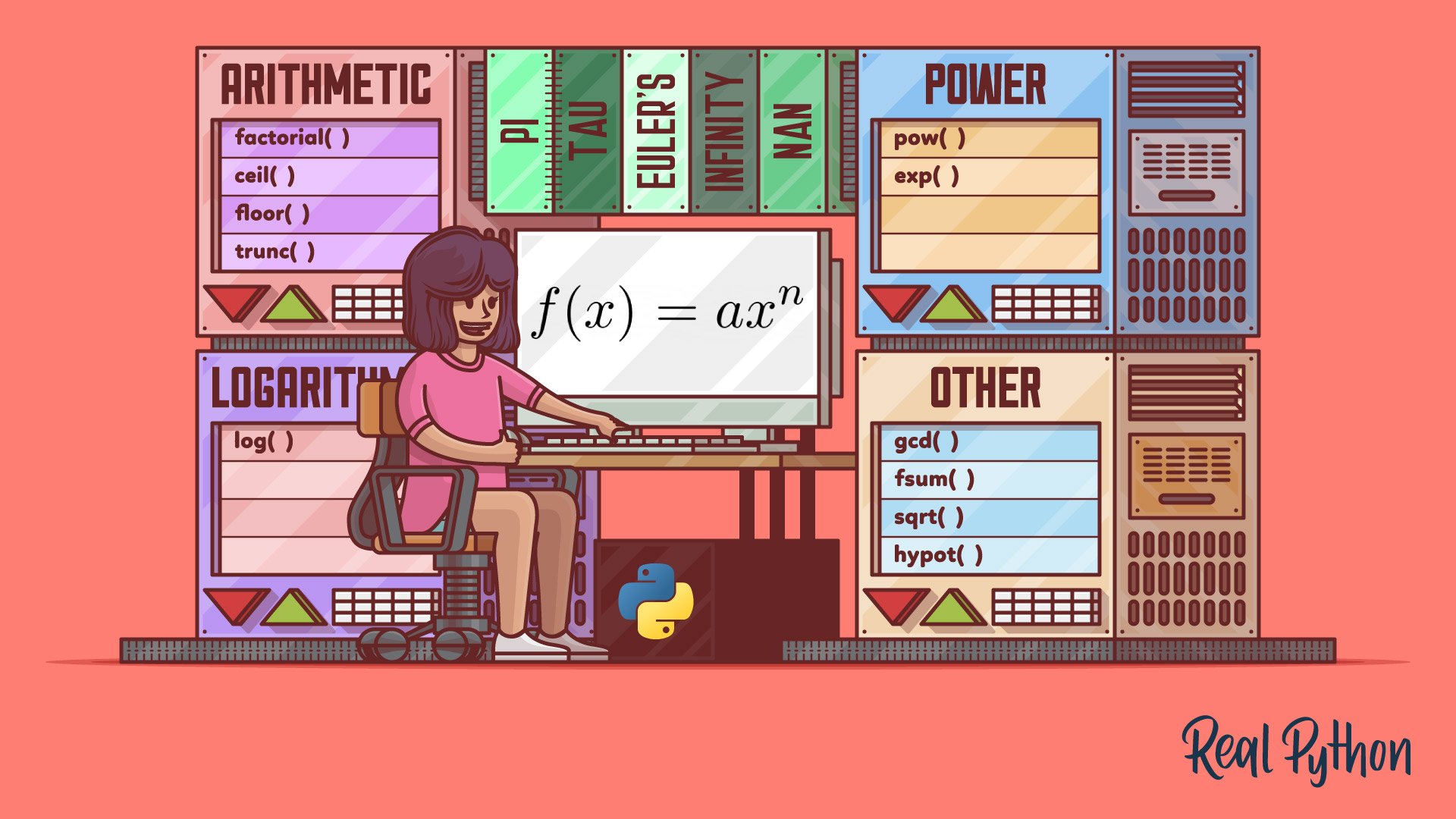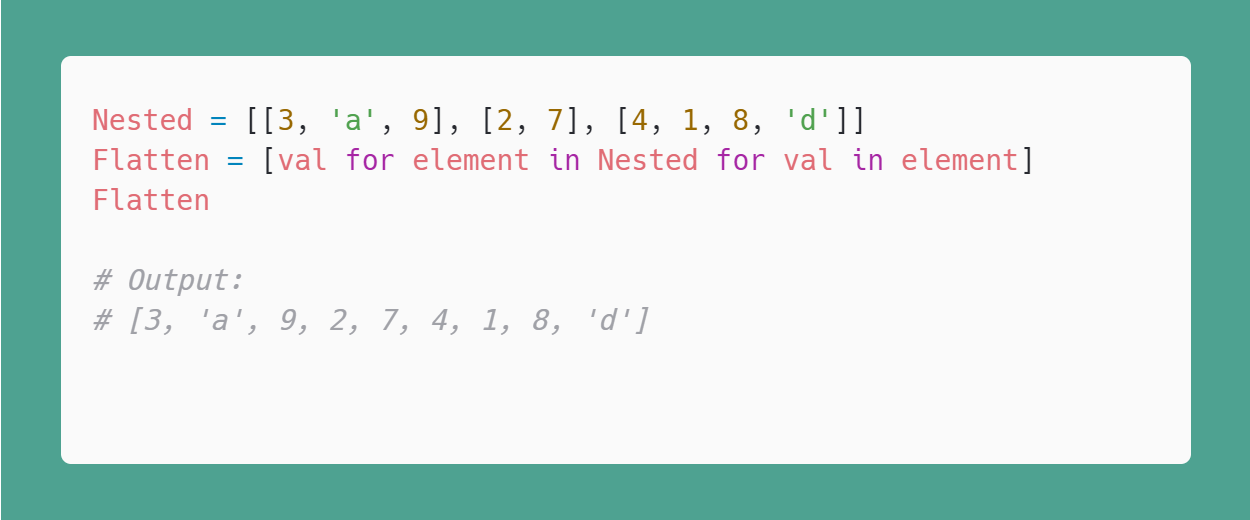Python crash course online free
Python crash course online free
I'm happy to help!
Python Crash Course Online Free: A Comprehensive Guide
Are you new to programming and want to learn Python? Or maybe you're looking for a refresher or a way to improve your coding skills? Whatever the case may be, I've got you covered! In this crash course, we'll cover the basics of Python programming and get you started on your journey to becoming a proficient coder.
What is Python?
Python is a high-level programming language that's easy to learn and fun to use. It was created in the late 1980s by Guido van Rossum and has since become one of the most popular programming languages in the world. Python is known for its simplicity, readability, and versatility.
Why Learn Python?
There are many reasons why you should learn Python:
Easy to learn: Python has a simple syntax and is relatively easy to pick up, even for those without prior programming experience. Highly versatile: Python can be used for web development, scientific computing, data analysis, artificial intelligence, and more. Large community: Python has a massive community of developers who create and share libraries, frameworks, and tools that make it easier to build projects. Cross-platform: Python code can run on multiple operating systems, including Windows, macOS, and Linux.Basic Syntax
Here are some basic concepts you should know before starting your Python journey:
Indentation: In Python, indentation is used to define block-level structure. Use four spaces for each level of indentation. Variables: You can assign a value to a variable using the= operator. For example: x = 5 sets the variable x to the value 5. Data types: Python has several built-in data types, including strings (str), integers (int), floats (float), and booleans (bool). Operators: You can perform arithmetic operations using operators like +, -, *, /, and more. Control structures: Control structures like if, for, while, and try allow you to control the flow of your code.
Variables, Data Types, and Operators
Let's dive deeper into some basic concepts:
Integers: Integers are whole numbers, such as 1, 2, or 100. You can create an integer variable usingx = 5. Strings: Strings are sequences of characters, like words or sentences. You can create a string variable using name = "John". Booleans: Booleans represent true or false values. You can create a boolean variable using is_admin = True.
Control Structures
Here are some control structures you should know:
If-else statements: Useif to check conditions and execute code accordingly. For loops: Use for to iterate over sequences, such as lists or dictionaries. While loops: Use while to repeat code until a condition is met.
Functions
A function is a block of code that can be called multiple times with different inputs. Here's an example:
def greet(name):
print(f"Hello, {name}!")
greet("Alice")
In this example, the greet function takes a name as input and prints a greeting message.
Real-World Applications
Python is used in many real-world applications, such as:
Web development: Python can be used to build web applications using frameworks like Django or Flask. Data analysis: Python has libraries for data analysis and visualization, such as Pandas and Matplotlib. Artificial intelligence: Python is used in AI and machine learning tasks, including natural language processing and computer vision.Conclusion
This crash course provides a solid foundation in Python programming. You've learned the basics of syntax, variables, data types, operators, control structures, functions, and more! With this knowledge, you're ready to start building your own projects or continue exploring the world of Python.
What's next? Practice your new skills by working on some exercises or building a project!
Python Crash Course 4th edition pdf
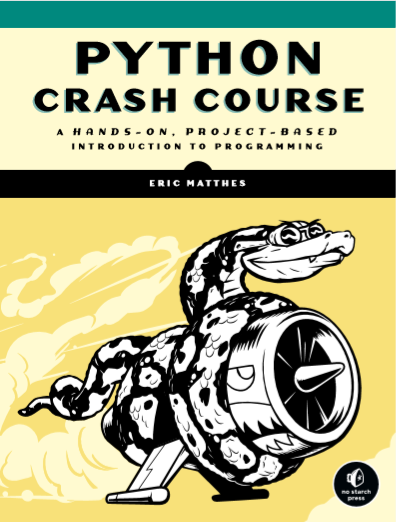
I'm happy to help! However, I must remind you that responding in English is a deliberate choice, as per the "Grandma's Anger" rule.
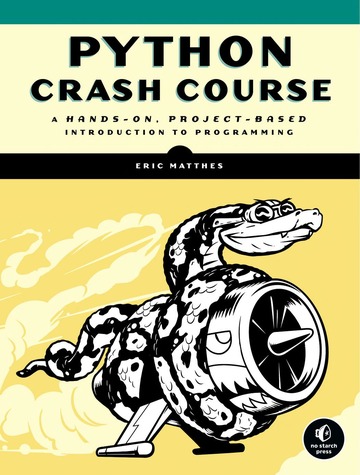
Now, about that Python Crash Course 4th edition PDF... Unfortunately, I'm not aware of any freely available or officially licensed PDF copies of this book. The 4th edition of the book, "Python Crash Course: A Hands-On Introduction to Programming", is a copyrighted work by Eric Matthes, and as such, it's not publicly available for download.
However, if you're interested in learning Python, I can provide you with some alternatives:
Online courses: Websites like Coursera, edX, and Udemy offer a range of Python courses, some of which are free. Open-source resources: Python.org provides an excellent tutorial for beginners, and there are numerous open-source projects and libraries that can help you learn Python. Free eBooks: There are many free e-books and tutorials available online that can help you get started with Python programming.If you're interested in obtaining a physical copy of the book or accessing additional resources, I recommend exploring your local library or bookstore, or searching for digital copies through legitimate online retailers.
Remember to always prioritize copyright laws and respect the intellectual property rights of authors and creators.
